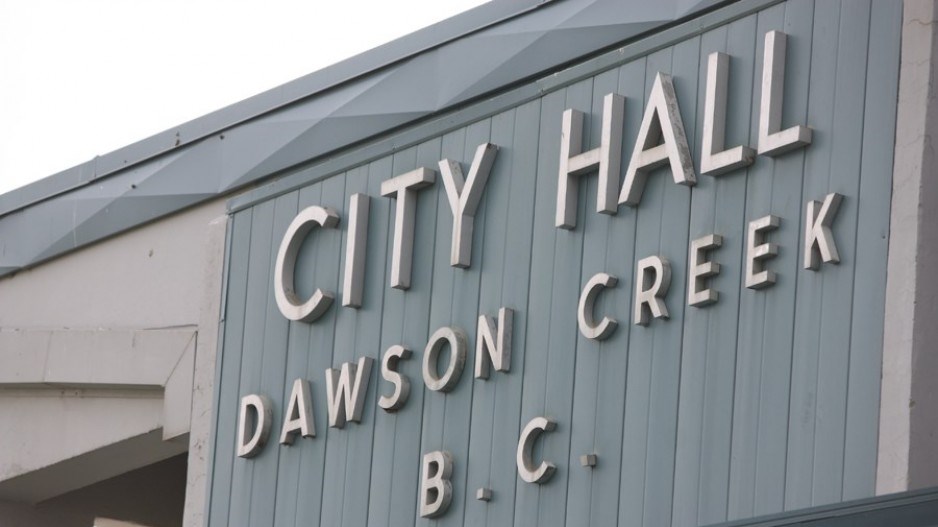The City of Dawson Creek will send a letter to Premier David Eby, and George Heyman, Minister of Environment and Climate Change, requesting a pause on the province’s emissions cap announced earlier this year.
While they know climate change is a serious topic and are willing to do their part, it simply isn’t viable for northeast B.C. to transition away from fossil fuels, explained council members at their October 30 meeting.
The city is also asking the province to work with northeast B.C to maintain a competitive ‘Output Based Price System’, and develop a long-term strategy to curb emissions that works with the oil and gas industry.
Coun. Charlie Parslow expressed his frustrations with the cap and feels the province’s solutions to climate change lacks empathy for northern residents who have no choice but to rely on natural gas, with the oil and gas sector providing much needed revenue for B.C.
“I feel the provincial government is somewhat playing both sides of the game here,” said Parslow. “This is not a game, this is serious stuff - the environment is a very serious business, so is the funding of transition from dependency on fossil fuels to more environmentally friendly source of energy.”
“The reality is that the technology does not exist for northern-dwellers to be taken off fossil fuels. We need them, basically, to survive, but more importantly, the province needs the revenue to provide all of these services people want,” he added.
Discussion was prompted by a letter from an October 18 letter from the Canadian Association of Petroleum Producers regarding the province’s Energy Action framework and potential impacts to the economy, as well as councillors’ experiences discussing climate change at the Union of BC Municipalities 2023 convention.
Coun. Jerimy Earl noted that in meeting with the producers’ association, industry stakeholders at the convention, uncertainty and apprehension is being felt over ever-shifting legislation, despite many agreeing that climate change is a real issue.
“When you’re asking people to look at infrastructure projects that span 40 years and billions of dollars, not knowing whether or not the entire regulatory regime is going to be upended every couple of years, really puts a damper on any capacity to make those kinds of decisions,” said Earl.
The politics of the framework and new regulations also calls into question the legitimacy of provincial institutions, noted Earl, forcing approved projects to operate below their intended capacity not from alternative energy technology, but strictly due to government interference.
“One of our core responsibilities is to be stewards of institutions, and ensure that those institutions, whether we’re dealing with businesses, whether we’re dealing with the public, whether we’re dealing with indigenous communities, are credible,” said Earl.
“And when governments do things like this, it undermines the credibility of the institutions, not just a party,” Earl added, noting he hopes their letter is received in good faith.




